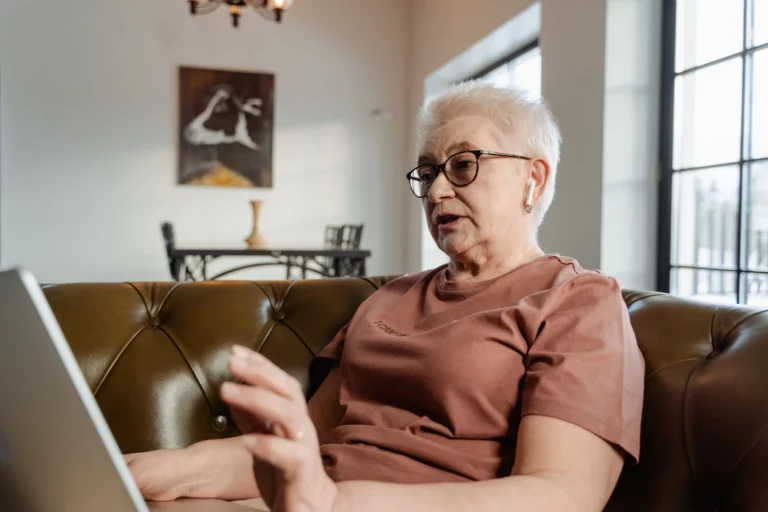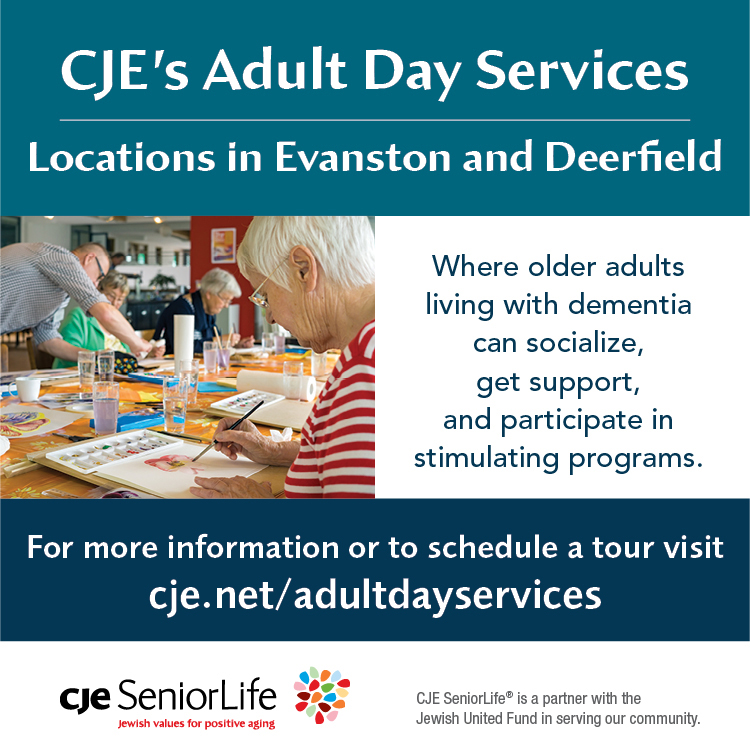
Jeanette is the award-winning writer and author of 12 books, with two more books on the way.
What happens when you find out your diagnosis from a patient portal, instead of from your doctor?
For more than a year, my mom suffered from a persistent, baffling cough. Two negative bronchoscopy procedures and several imaging scans later, her doctors still couldn’t figure out why she was coughing. Her pulmonologist scheduled an exploratory biopsy.
A week after her surgery, my sister looked at the results that had come through in our mom’s patient portal. My mom, a 79-year-old nonsmoker in very good health, who Jazzercised every day and traveled frequently, was not expecting bad results. Yet those were the results that showed up on the patient portal.
My sister had asked our mom if she wanted to know her results before meeting with the doctor, and she said yes. That’s how my mom learned that she had a rare lung cancer that sometimes affects nonsmokers.
About 20 minutes before meeting with the doctor, my sister broke the news. Because it wasn’t days or weeks before she could actually talk to the doctor and find out more of the context, my mom says finding out her result early gave her time to absorb the news better.
We all, of course, were shocked. None of us was expecting that diagnosis, especially because all of her tests over the past year kept coming back negative.
Speed vs. context — what’s better?
My mother isn’t the only person to hear about concerning results from a computer instead of from a doctor. Since the 21st Century Cures Act was passed in 2016, this scenario is becoming more common.
The Act resulted in a national policy that requires providers to give patients access to all of their electronic health records “without delay.” This means that in many cases, people learn unexpected news through a patient portal — a secure online website that patients access with a password, which gives them 24-hour access to personal health information from anywhere with an Internet connection. They often see the results before the physician who ordered the test has even reviewed them.
“Different people view [getting their results] differently, and that’s part of the challenge,” says Barron H. Lerner, MD, professor of medicine and bioethicist for NYU Langone Health. “From an ethics perspective, it behooves caregivers to have a discussion beforehand if results are going to be available soon, who should look first and how that’s going to look.”
Lerner says he’s had patients who don’t mind hearing bad news before talking with their doctor, but he’s also had patients who have been upset when they unexpectedly clicked on a test result.
“By and large, it is good to give patients their information because it’s theirs,” says Sachin D. Shah, MD, associate professor of medicine and pediatrics, chief medical information officer for the University of Chicago Medicine.
In fact, in 2009, long before patient portals and immediate access to electronic health records, a study published in JAMA Internal Medicine calculated that at some clinics, up to 26% of abnormal results weren’t shared with patients. Challenges like that were the real genesis of the movement of immediate information sharing, Shah says.
In writing The Breast Cancer Wars, a narrative of breast cancer over the past century, Lerner says he heard many stories from women who underwent scans during which the technicians wouldn’t tell them the results. The women, however, could tell from the technicians’ reactions that the news wasn’t good.
“The technician would say ‘you have to talk to your doctor,’ and the woman would be really upset,” he says. “That was too much of showing things to doctors first, and as it often happens, the pendulum has gone in the other direction. Now, results are out there right away.”
Shah says he and his chief privacy officer have had lots of discussions on this issue. “She feels like the standard now is immediate results, and I think this is great for most results, routine results,” he says. “But I always carry a list in my mind of exceptions, especially when there are potentially life-changing results. As a primary care doctor, I order a lot of tests, and I want to be able to call my patients with the results to give them the appropriate context.”
Shah’s list of exceptions comes from UChicago Medicine’s system-wide list of exceptions. These classes of results have a delayed auto-release, though they still eventually do auto-release to the patient portal. “We just build in a brief delay to allow clinicians to share the results personally with the patient with additional clinical context that may be important if they feel it necessary,” Shah says.
When Shah orders scans, pathology results, biopsy and tumor markers, he will delay the immediate results so he can call the patient first. “I don’t want the results to be misinterpreted, and I want my patients to fully understand what the implications are,” Shah says. “If a patient sees results that they don’t fully understand without the appropriate, clinical context, that could be very harmful, could cause a lot of emotional distress. In some cases, speaking directly to your patient about the result and its implications is unequivocally the right thing to do.”
Prompt communication is important but not always possible
Lerner says that it’s important for physicians and patients to have a conversation about the immediacy of results in patient portals.
“You have an ethical obligation to anticipate this kind of occurrence and to try to discuss it in advance and come up with a plan,” Lerner says. “If people are potentially getting diagnosed with something devastating, it’s almost counterintuitive to talk about the logistics of computers, but this discussion shouldn’t take too long. It gives patients warning, and it’s empowering.”
Lerner also notes that while doctors might try to call a patient if the results could be life-changing, if there are multiple specialists involved or a very large practice, there’s no guarantee that doctors can give the information to patients in the order that they want. “These conversations are hard because there’s no way you can cover every possibility,” Lerner says. “This anticipatory discussion is probably the most important thing.”
Shah says it’s also vital that people understand why tests or scans are ordered. “It’s really important for them to understand what question we are trying to answer, and then, if you have the foresight, to ask, how do you want to learn about the result? Do you want to see it on your own and then we can talk about it, or do you want us to see it first?” Shah says. “It’s not one-size-fits-all. The communication up front goes a long way to tailor to your preferences, that it fits your personality in how you want to receive information.”
Lerner himself experienced what patients, or rather, their family members, go through when they get unexpected results before talking with their doctor.
In the middle of a busy workday, his daughter texted him the results of a scan she had just had. “The results were much more of a concern than we thought we were going to see,” he says. “I understood the medical aspect of them, but before my daughter had talked to her doctor, I was in the position of seeing the results. It was very jarring. In a sense, I had the experience of what it’s like for people who blindly click on a result, and the result is worrisome, and all of a sudden, it’s there.”
That was my family’s experience, too. Fortunately for my mom, she was visiting her surgeon for a follow-up visit the day my sister shared the results with her, so she didn’t have to sit without medical guidance for very long.
Two months later, after her oncologist ordered another scan, the oncologist called my mom the morning the results were available to schedule an online meeting within a few hours so that she could personally explain to her that she would need to add radiation to her immunology treatment plan. The oncologist was able to explain why she needed it and answer any questions in the moment — a far different interaction than what we had with her first results.









